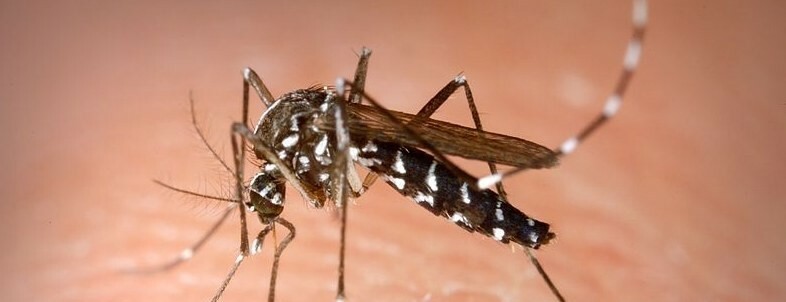The Sudanese Ministry of Health has revealed that at least 11,000 cases of dengue fever and some 9,000 cases of cholera have been reported in the country in the recent period.
In a press release, Sudan’s Health Minister, Haitham Ibrahim, said these include 325 fatalities from dengue fever and another 66 cholera-related deaths in 12 the states.
He made the remarks after meeting with Sovereignty Council Vice Chairman General Malik Aggar. “The health sector has witnessed a significant improvement in pharmaceutical availability and medical consumables after the Ministry of Finance committed to providing monthly support, in addition to support from several donors,” he said.
The meeting discussed the reports of health emergencies and reports received from the states.
However, despite the huge numbers, the minister said there has been a decrease in the country’s cholera and dengue fever infections.
According to the health minister, the meeting emphasized the importance of coordination and collaboration with United Nations agencies and partners, including international organizations, to deliver humanitarian aid to citizens in all states.
He noted that medical supplies worth 12 billion Sudanese pounds were provided during the first quarter of this year, of which 4,000 tons were distributed to several states, including intravenous solutions, cancer drugs, and kidney medications.
Ibrahim also mentioned the arrival of medical consumables for laboratories and facilities, which will be distributed to various states. He added that over the past two weeks, the ministry successfully delivered shipments of immunization, child nutrition, and kidney drugs to the Darfur states.
He stated that plans were underway to launch a polio and measles campaign in Red Sea State, followed by Blue Nile, Sinnar, and the rest of Sudan’s states.
The health minister attributed the increase in disease rates and epidemics to the continuation of the war, which has created critical environmental conditions and made it difficult for combating teams to operate.
In collaboration with state ministries and partners, he affirmed the ministry’s relentless efforts to reduce the prevalence of epidemics and diseases during the rainy season.




